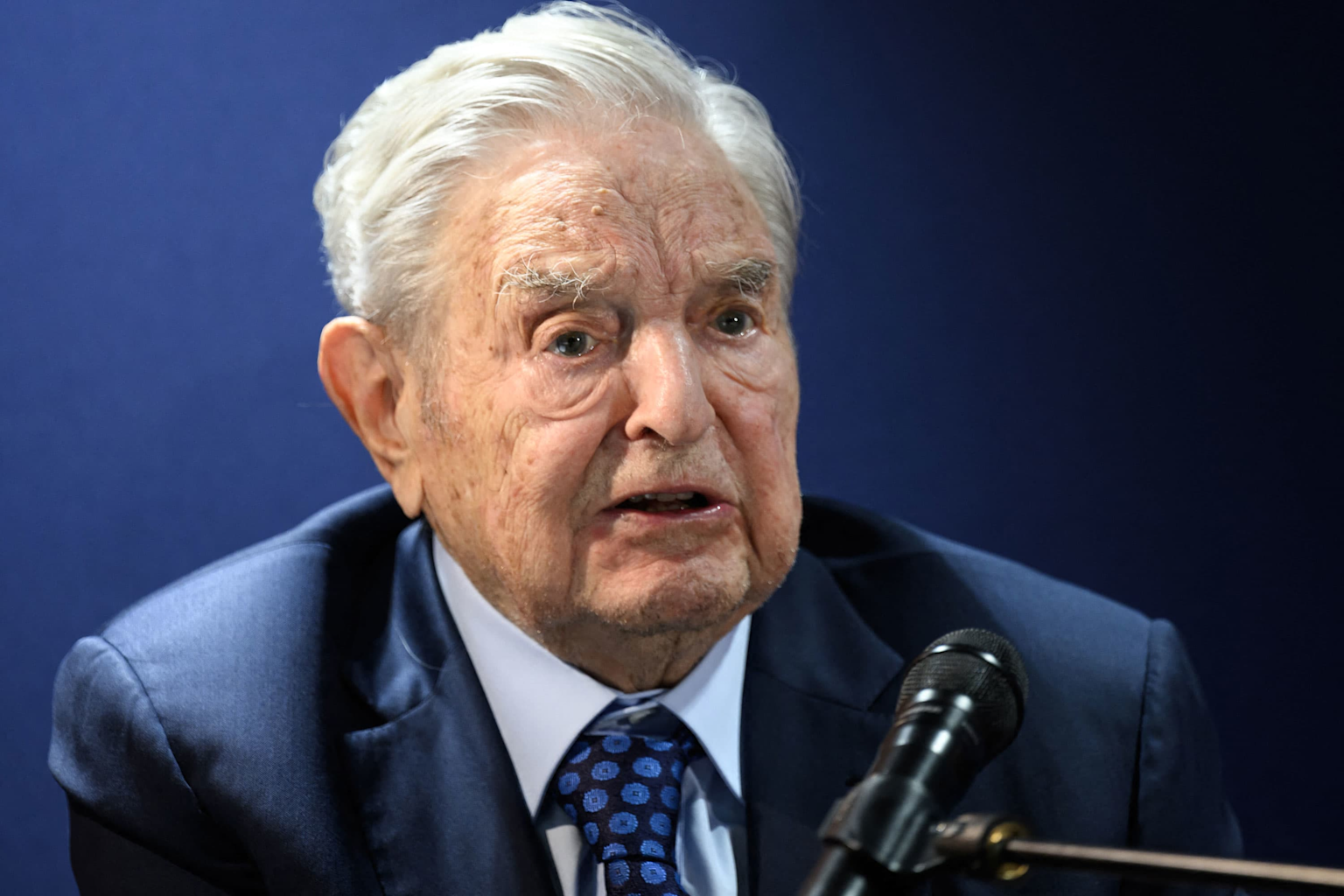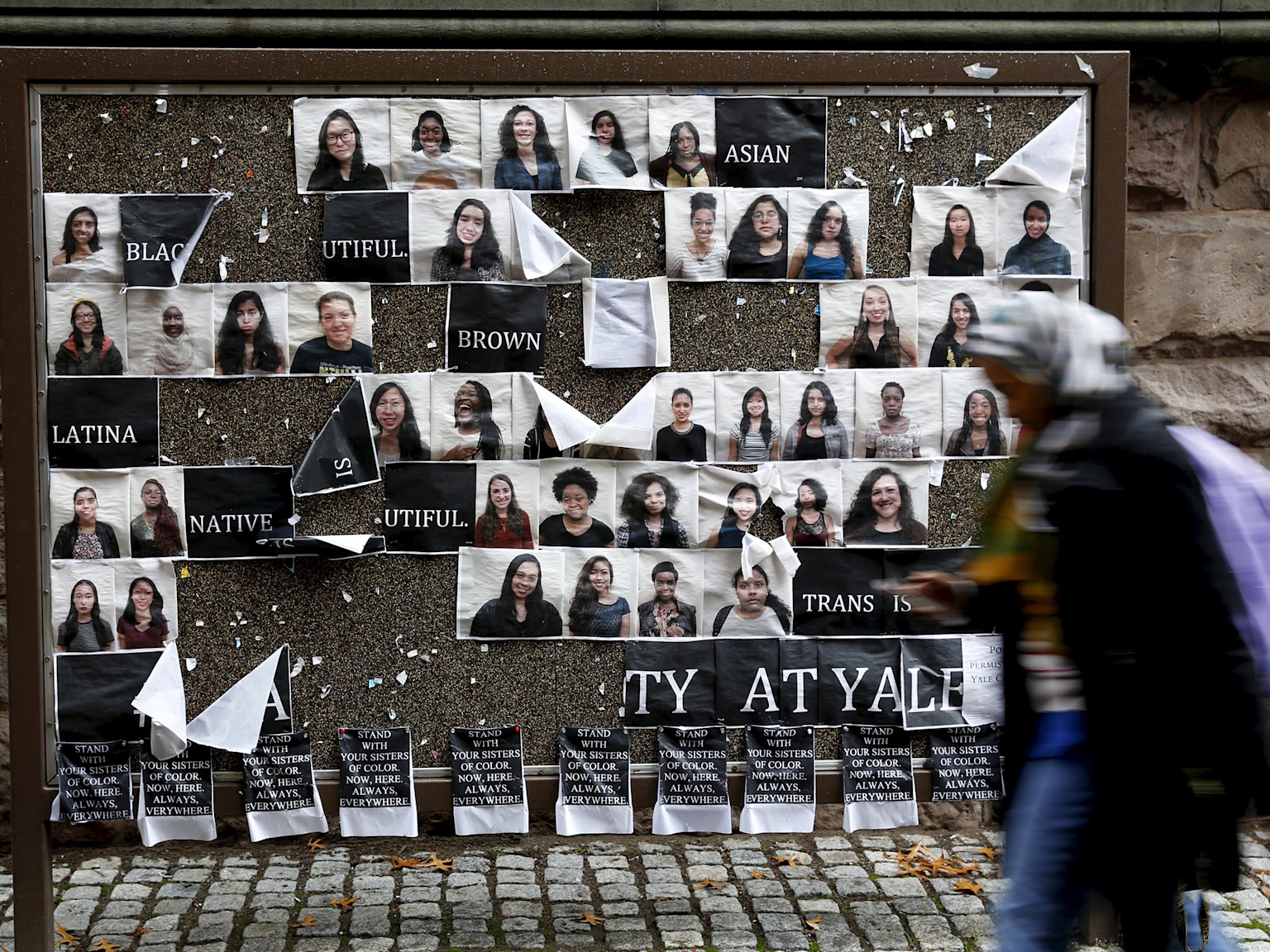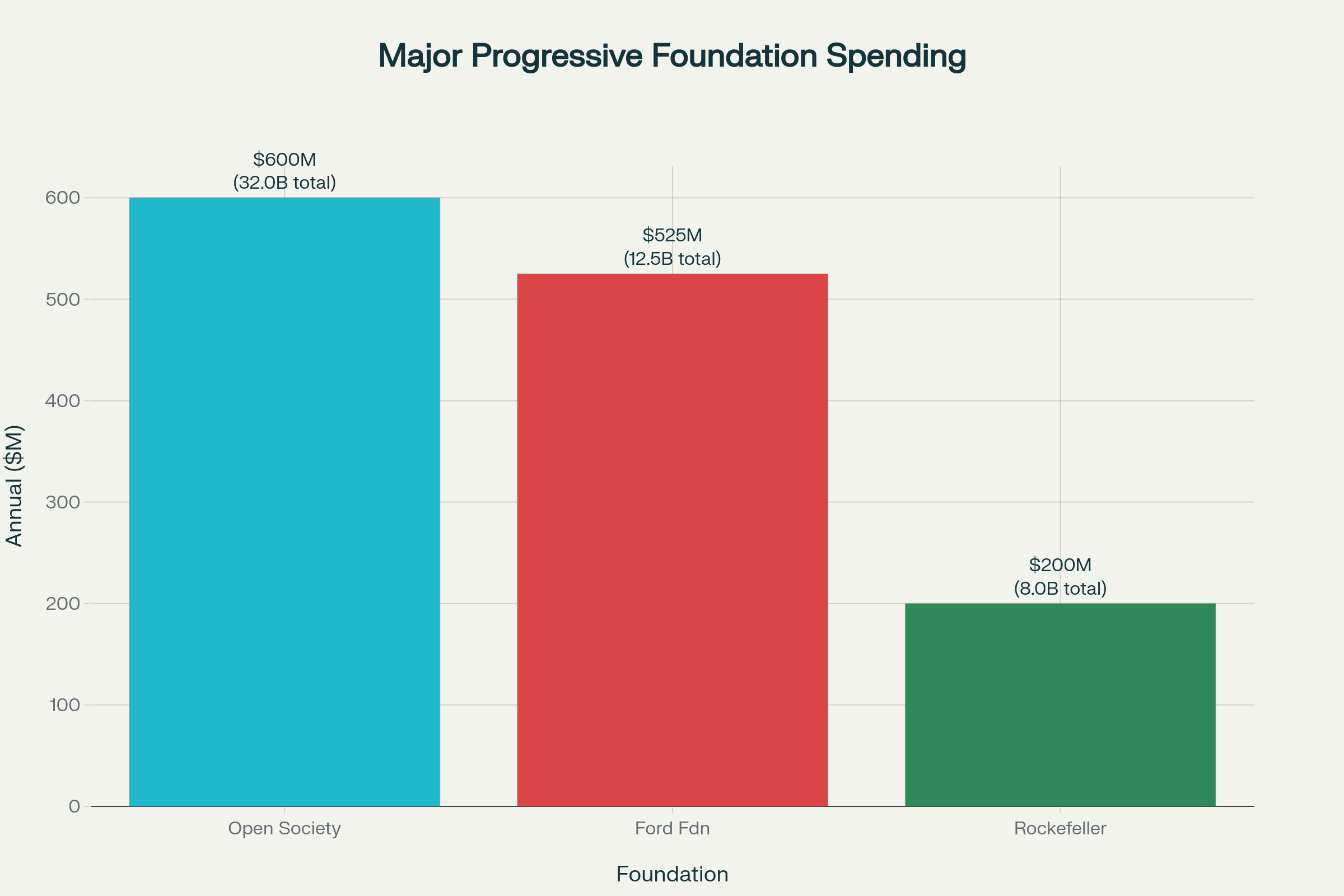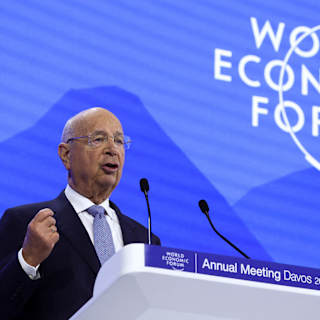The Institutional Capture of the West: Progressive Ideology, Elite Funding, and the Challenge to Traditional Values
The institutions that once formed the bedrock of Western civilization—universities, media organizations, corporations, and government agencies—have undergone a profound ideological transformation over the past several decades. This comprehensive analysis examines how progressive ideologies have systematically infiltrated and captured key Western institutions, creating vulnerabilities that have been exploited by both internal and external actors to promote worldviews fundamentally at odds with traditional Western values.
The Theoretical Foundation: Critical Theory and Cultural Marxism
The intellectual framework underpinning this institutional transformation traces its origins to the Frankfurt School and the development of Critical Theory in the early 20th century. Founded in 1923 at the Institute for Social Research in Frankfurt, Germany, the Frankfurt School sought to apply Marxist principles beyond economic critique to encompass culture, society, and psychological dimensions. Key figures including Max Horkheimer, Theodor Adorno, Herbert Marcuse, and later Jürgen Habermas developed what would become known as Cultural Marxism—a method of social analysis that “deconstructed” Western morality by questioning traditional institutions and values.

Elderly man in a formal suit speaking into a microphone, likely George Soros, associated with progressive funding initiatives
Unlike traditional Marxism’s focus on economic class struggle, Cultural Marxism expanded its critique to encompass all aspects of Western civilization, examining power structures through the lens of oppressor versus oppressed dynamics. This approach provided the intellectual foundation for what would later become identity politics, intersectionality, and the broader “woke” ideological framework that now dominates progressive discourse.
The Frankfurt School’s influence extended far beyond academia through deliberate institutional “permeation”—a strategy borrowed from the British Fabian Society’s approach of gradually infiltrating and transforming institutions from within rather than through direct confrontation. This methodical approach proved remarkably effective in reshaping Western intellectual culture over the course of several decades.
The Long March Through the Institutions
Universities: The Primary Battleground
Higher education institutions have become the most visible example of successful progressive capture. Data from multiple sources reveals the extent of this transformation: a 2013 study found that 38.8% of journalists identify as “leaning left,” but in universities, the leftward bias is even more pronounced. The National Association of Scholars documented how “elite universities propagate leftist ideas throughout American life” through their graduates who assume influential positions in corporations, state bureaucracies, and media organizations.

A university campus bulletin board displaying photos and labels related to racial and identity categories during a social justice protest or activism event
This capture manifests in several concrete ways:
Speech Codes and Censorship: Universities have implemented extensive speech codes that restrict discourse deemed offensive or contrary to progressive orthodoxy. The Foundation for Individual Rights in Education documented over 300 campus speech codes by 1991, with this number continuing to grow. These codes typically prohibit speech that creates “intimidating, hostile, or offensive educational environments,” effectively silencing conservative or traditional viewpoints.
Cancel Culture and Academic Suppression: Faculty members who challenge progressive orthodoxy face systematic persecution. The case of Professor Bruce Gilley at Portland State University exemplifies this trend—his scholarly article on certain positive aspects of colonialism was retracted after death threats and mass resignations from the journal’s editorial board. Similarly, Professor Kathleen Stock was forced to leave the University of Sussex after questioning gender identity theory, resulting in a £585,000 fine for the university’s mishandling of free speech principles.
DEI Implementation: Diversity, Equity, and Inclusion programs have become mandatory across Western universities, fundamentally altering hiring practices, curriculum development, and campus culture. These programs, while ostensibly promoting inclusion, often function as ideological enforcement mechanisms that privilege certain viewpoints while marginalizing others.
Media Transformation
The capture of mainstream media has been equally comprehensive. Studies consistently show that journalists at major news organizations lean heavily left, with this bias becoming more pronounced over time. A 2024 analysis found that while media personnel claim objectivity, their coverage reflects their predominant liberal political values.
The transformation of media institutions occurred through several mechanisms:
Personnel Selection: News organizations increasingly hire from the same progressive-educated talent pool, creating ideological echo chambers. This self-selection process has intensified as conservative voices are marginalized or excluded entirely.
Corporate Influence: While conservative critics often blame ownership, the reality is more complex. Liberal journalists maintain significant autonomy in day-to-day coverage, while ownership primarily influences broad business strategy rather than specific editorial positions.
Nonprofit Integration: The rise of the “nonprofit-industrial complex” has created extensive networks linking media organizations with progressive advocacy groups, blurring the lines between journalism and activism.
Corporate Capture
The business world has undergone its own ideological transformation, primarily through Environmental, Social, and Governance (ESG) mandates and corporate Diversity, Equity, and Inclusion programs. This shift represents a fundamental change from shareholder capitalism to what Klaus Schwab of the World Economic Forum terms “stakeholder capitalism”.

Benefits of diversity training in the workplace include higher employee engagement, better retention, improved corporate reputation, and enhanced communication and innovation
ESG Implementation: Twenty-five countries have introduced mandatory ESG reporting requirements, compelling corporations to adopt progressive social and environmental policies regardless of their economic efficiency. These mandates extend beyond environmental concerns to encompass social justice metrics and governance structures that prioritize ideology over performance.
DEI Corporate Programs: Major corporations have invested billions in diversity training and inclusive hiring practices, fundamentally altering workplace cultures. Companies like TD Bank and ADP have become exemplars of comprehensive DEI implementation, influencing industry standards across sectors.
The Financial Architecture of Influence
The institutional transformation described above required massive financial resources, provided primarily through a network of progressive foundations and wealthy individuals committed to remaking Western society.

Annual spending by major progressive foundations on social justice, advocacy, and political causes, showing the scale of financial influence
The Soros Network
George Soros, through his Open Society Foundations, has emerged as the single most influential funder of progressive causes globally. Since 1979, Soros has distributed over $32 billion to organizations promoting “open society” principles. His funding strategy operates through multiple layers of interconnected nonprofits, making it difficult to trace the ultimate source of influence.
Recent disclosures reveal the scope of Soros’s political influence: his Open Society Policy Center donated $140 million to advocacy groups in 2021 alone, with another $60 million to related charities. This funding targets multiple areas including criminal justice reform, voting rights advocacy, and immigration policy.
Critically, Soros-funded organizations operate internationally, influencing policy in dozens of countries. His support extends to local political races, media organizations, and advocacy groups at every level of governance, creating a comprehensive network of influence that transcends traditional political boundaries.
Ford and Rockefeller Foundations
The Ford Foundation, with annual spending exceeding $500 million on social justice causes, has played a crucial role in institutionalizing progressive ideology. Unlike the original vision of Henry Ford, the foundation has embraced what it terms “social change” philanthropy, actively challenging existing institutions rather than supporting them.
The Rockefeller Foundation’s influence traces back to the early 20th century, when it pioneered “scientific philanthropy” that transferred control from donors to progressive “experts”. This model created the paradox of wealth generated through free-market capitalism being systematically deployed to undermine that same system.
The Fabian Society Model
The British Fabian Society provided the strategic template for institutional transformation that has been adopted globally. Founded in 1884, the Fabians rejected revolutionary tactics in favor of gradual “permeation” of existing institutions. Their strategy involved:
Intellectual Infiltration: Fabians sought to influence policy through reasoned persuasion rather than direct confrontation, targeting civil servants, politicians, and opinion leaders.
Long-term Planning: Unlike revolutionary movements seeking immediate change, Fabians planned multi-generational campaigns to gradually shift institutional cultures.
Elite Capture: By focusing on influential individuals rather than mass movements, Fabians achieved disproportionate impact with relatively small numbers.
This model proved remarkably successful in Britain, where Fabians played crucial roles in establishing the Labour Party and implementing the welfare state. The same strategic approach has been adapted and applied across Western institutions over the past century.
External Influences and Global Governance

The transformation of Western institutions has been accelerated by external influences, particularly through international organizations and foreign actors seeking to weaken Western cohesion and sovereignty.

Speaker at the World Economic Forum Annual Meeting Davos 2025 addressing attendees from the podium
World Economic Forum and Global Governance
The World Economic Forum, under Klaus Schwab’s leadership, has promoted a “Great Reset” agenda that explicitly seeks to reshape global capitalism and governance structures. This initiative, launched in response to COVID-19, aims to create “stakeholder capitalism” and implement global governance mechanisms that transcend national sovereignty.
The WEF’s influence extends through its network of “Young Global Leaders” and corporate partners, creating what critics describe as a supranational elite with shared progressive values and globalist objectives. The organization’s annual Davos meetings serve as coordination points for implementing policies across Western nations simultaneously.
United Nations Agenda 2030
The UN’s Sustainable Development Goals represent another mechanism for global governance implementation at the national level. European countries have systematically incorporated these goals into their domestic policies, creating international oversight of traditionally sovereign areas including education, economic policy, and social programs.
This process represents a form of “soft sovereignty” where nations voluntarily adopt international frameworks that constrain their domestic policy choices. The result is increasing convergence toward progressive policy positions regardless of domestic political preferences.
Chinese Influence Operations
China’s Confucius Institutes represent a different model of institutional influence, though with similar effects on academic freedom and intellectual diversity. Operating within Western universities, these programs provide funding and personnel while potentially constraining discussion of topics sensitive to Chinese interests.
The closure of numerous Confucius Institutes in the United States and Europe reflects growing awareness of their influence operations, but the model demonstrates how external actors can exploit Western institutional openness for strategic advantage.
The Migration Challenge
Perhaps no issue better illustrates the consequences of institutional capture than the response to mass migration into Europe, particularly from Muslim-majority countries. The captured institutions have promoted policies and narratives that prioritize abstract ideological commitments over practical integration challenges and cultural compatibility concerns.

Projected growth of Muslim population in Europe under different migration scenarios, showing potential demographic changes from 2016 to 2050
Demographic Transformation
Pew Research projections show that Europe’s Muslim population will grow from 4.9% in 2016 to between 7.4% and 14% by 2050, depending on migration levels. Even under zero migration scenarios, the Muslim population will nearly double due to higher birth rates and younger age structures.
This demographic change occurs against a backdrop of declining European birth rates. The EU’s total fertility rate of 1.38 live births per woman is well below the 2.1 replacement level, meaning that migration has become the primary driver of population growth across most European countries.
Integration Challenges
Academic research reveals significant challenges in Muslim integration across multiple dimensions. Studies show that Muslim minorities in Europe face higher rates of poverty, segregation, and social alienation compared to other immigrant groups. These challenges are exacerbated by cultural and religious differences that create tensions with European secular values.
Particularly concerning are findings regarding attitudes toward democratic principles, gender equality, and freedom of expression among some Muslim communities. While many Muslims integrate successfully, significant minorities maintain values and practices that conflict with Western liberal democracy.
Institutional Response
Rather than addressing these integration challenges directly, captured institutions have responded with policies that prioritize ideological consistency over practical outcomes:
Denial of Problems: Academic and media institutions routinely downplay or ignore integration challenges, labeling concerns as “Islamophobic” or racist.
Suppression of Debate: Scholars and journalists who raise integration concerns face professional sanctions, creating a “chilling effect” that prevents honest assessment of policies.
Ideological Framing: Migration is consistently framed through progressive ideology emphasizing diversity and multiculturalism while ignoring practical challenges or cultural conflicts.
This institutional response has created a dangerous disconnect between official policy and social reality, undermining public trust and creating space for political extremism.
The Enforcement Mechanisms
The success of institutional capture depends on robust enforcement mechanisms that maintain ideological conformity and punish dissent. These mechanisms operate across multiple domains simultaneously.
Legal and Regulatory Framework
Hate speech laws and anti-discrimination regulations provide legal tools for suppressing dissenting viewpoints. While ostensibly protecting minorities, these laws are often applied selectively to silence conservative or traditional perspectives while permitting equivalent rhetoric from progressive sources.
ESG regulations similarly create legal mandates for corporate ideological compliance, making it effectively impossible for businesses to operate without embracing progressive social positions.
Social and Professional Sanctions
“Cancel culture” represents the informal enforcement mechanism that complements formal legal restrictions. Individuals who express views contrary to progressive orthodoxy face systematic social ostracism, professional destruction, and personal harassment.
This enforcement operates through several mechanisms:
Deplatforming: Removal from speaking opportunities, publication venues, and social media platforms.
Employment Consequences: Termination, denial of promotion, or professional blacklisting.
Social Ostracism: Exclusion from social and professional networks.
The effectiveness of these sanctions depends on their unpredictability and severity, creating powerful incentives for self-censorship among those who might otherwise challenge progressive orthodoxy.
Educational Indoctrination
Perhaps most importantly, the captured education system ensures ideological reproduction across generations. Students are systematically exposed to progressive worldviews while traditional perspectives are marginalized or demonized.
This process operates through:
Curriculum Control: Required courses in diversity, social justice, and related topics.
Faculty Hiring: Ideological screening ensures progressive dominance in academic personnel.
Campus Culture: Social pressure and institutional policies create environments hostile to conservative thought.
Consequences and Implications
The systematic capture of Western institutions has produced profound consequences that extend far beyond academic or media bias. These changes threaten the fundamental character of Western civilization and create vulnerabilities that both internal and external enemies can exploit.
Erosion of Democratic Discourse
Healthy democracy requires robust debate and the free exchange of competing ideas. Institutional capture has created conditions where entire categories of thought are deemed impermissible, fundamentally undermining democratic deliberation.
The suppression of debate on migration, multiculturalism, gender ideology, and related topics prevents societies from making informed decisions about their futures. Instead, policies are implemented based on ideological commitments rather than empirical evidence or democratic consent.
Cultural Dissolution
Western civilization historically depended on shared values, cultural practices, and social institutions that provided cohesion across diverse populations. Progressive ideology’s emphasis on deconstructing traditional culture, combined with mass migration from incompatible cultural backgrounds, threatens this essential social fabric.
The promotion of “multiculturalism” over integration encourages parallel societies that share neither values nor loyalties with their host nations. This fragmentation creates conditions for social conflict and undermines the social trust necessary for democratic governance.
Strategic Vulnerabilities
Institutional capture creates strategic vulnerabilities that hostile actors can exploit. China’s influence operations, Islamic extremist networks, and other adversaries benefit from Western institutional weakness and internal division.
The suppression of debate about these threats compounds the danger, as captured institutions resist acknowledging challenges that might contradict their ideological commitments.
Resistance and Counter-Movements
Despite the comprehensive nature of institutional capture, resistance movements have emerged across Western societies. These efforts face significant challenges but represent hope for institutional renewal.
Legal Challenges
Courts have begun pushing back against the most extreme examples of institutional overreach. The University of Sussex fine for suppressing free speech demonstrates that legal remedies remain available in some contexts.
Similar cases across Western democracies suggest growing judicial recognition of the threat posed by ideological conformity in educational and other institutions.
Alternative Institutions
Recognizing the difficulty of reforming captured institutions, some groups have focused on building alternatives. Conservative media outlets, alternative educational institutions, and independent research organizations provide spaces for suppressed perspectives.
While these efforts remain smaller than established institutions, they offer platforms for dissenting voices and demonstrate the possibility of institutional renewal.
Political Mobilization
Popular discontent with institutional capture has contributed to electoral successes for populist and conservative movements across the West. These political changes create opportunities for policy reform and institutional accountability.
However, the depth of institutional capture means that political victories alone cannot restore institutional balance without sustained effort across multiple domains.
Conclusion: The Path Forward
The evidence presented in this analysis demonstrates that Western institutions have indeed been systematically captured by progressive ideologies that are fundamentally incompatible with traditional Western values and democratic governance. This capture has been orchestrated through a combination of wealthy progressive funders, intellectual frameworks derived from Critical Theory and Cultural Marxism, and strategic approaches borrowed from organizations like the Fabian Society.
The consequences of this institutional transformation extend far beyond academic political correctness or media bias. They include the erosion of democratic discourse, the dissolution of cultural cohesion, and the creation of strategic vulnerabilities that hostile actors can exploit. The challenge of mass migration from incompatible cultures has been exacerbated by institutional responses that prioritize ideological conformity over practical integration and social stability.
Understanding this institutional capture is essential for anyone seeking to preserve Western civilization and democratic governance. While the challenges are significant, the emergence of resistance movements, legal pushback, and growing public awareness suggest that institutional renewal remains possible. However, such renewal will require sustained effort, strategic thinking, and the courage to challenge established power structures that have become hostile to the very societies they claim to serve.
The battle for Western institutions is ultimately a battle for the future of Western civilization itself. The outcome will determine whether these societies maintain their character, values, and sovereignty, or continue their transformation into something fundamentally different from the democratic, free societies that previous generations built and defended.

